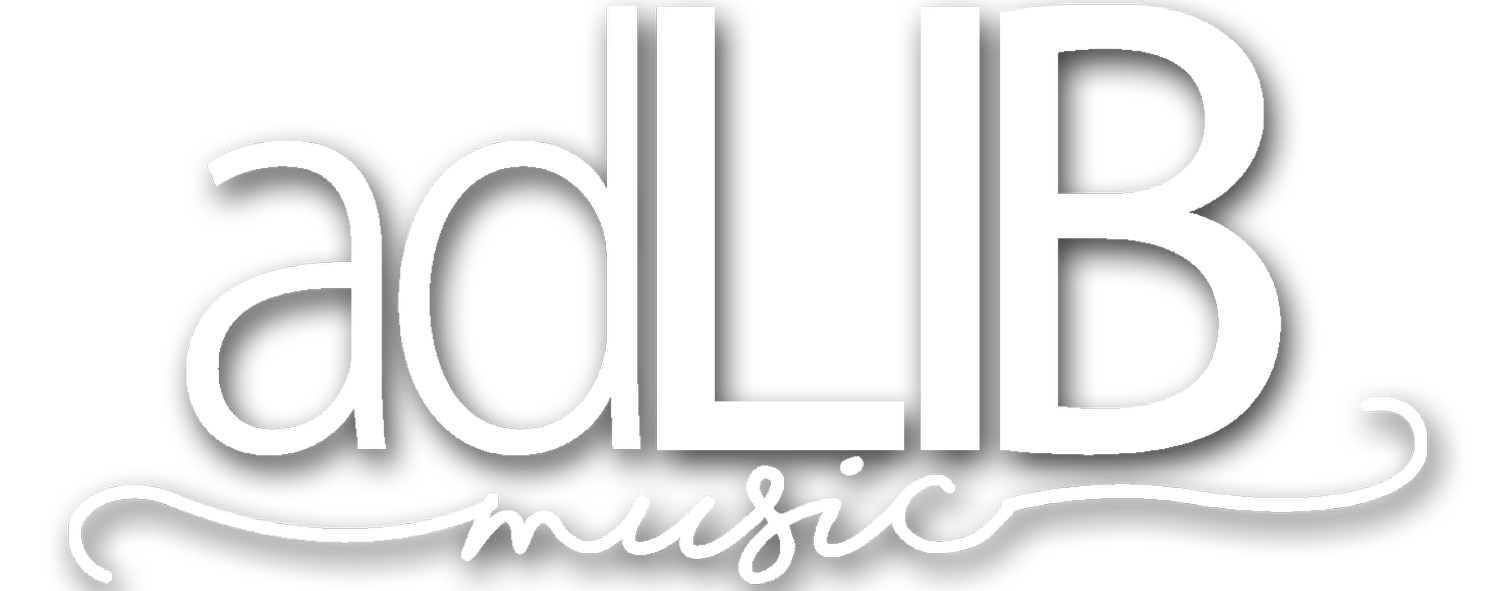3 Ways to Teach Musical Instincts
Did you ever wish you could teach your worship team to have better musical instincts? You can!
Most leaders tend to give detailed direction rather than teach instincts because teaching instincts is a skill that’s innate and challenging to teach. It’s easier not to. At least, in the short term.
Leading a worship team is more than preparing music and playing on a Sunday morning. We are growing and developing teams to worship individually and collectively. Why? To create a unique and real offering, not only for us but also for those we are leading in worship. Developing musical instinct is challenging yet crucial.
But we’re not just required to create a product (good music). Our main job is to develop worshiping musicians. Let’s look at some ideas that take more time and patience yet develop a team whose offering is from the heart…and may even sound better.
1. Listen to Others
Don’t miss this: music is listening. The difference between good musicians and great musicians is knowing not only _what_ to play, but _when_ to play. Introducing: the Circle Method. When playing, listen instead to what another person is playing. As best you can, take your focus off what you are playing*, and play in a way to compliment what they are playing.
The person you are listening to must also be listening to someone else playing in the same way. As you keep the pattern going, everyone is listening to someone else, and eventually, someone on the team is listening to you, creating a circle. Doing this promotes a selfless atmosphere to help us hear what is needed from each member individually to build the whole. And it is a great way to understand how to avoid over-playing. (*we may listen best when we aren’t playing.)
2. Contribute Intentionally
Asking the question, “Why?” will also develop your instinct. Music is an expression from within a person. Think about why you are playing something. If a song is stirring an emotion, think about how those emotions may be coming out in your musical choices. A musician must be intentional about what and when they play.
Good music rarely happens when everyone plays all the way through a song. A song with an intimate introduction may require a bassist to wait to join, to maximize some musical and emotional impact. Your sensitivity to the atmosphere the team is creating makes a significant difference. It may be that your best contribution to a song is…not playing. (Even fools are thought wise if they keep silent) ;)
3. Make it Personal
It’s easy to get caught up in performing the music. We may think, “Let’s just play the music how it is.” But what about worship? What about _my_ offering? While following a recording is a great way to learn songs, it can miss the spiritual connection a worship team needs.
When working on parts for a song, we need to encourage this idea: what we play is our offering. Praise the Lord through what you contribute musically. Every song has room to create your offering in a meaningful and unique way. This could be as simple as encouraging the piano player to do something fun over a measure of music or the bassist to change up the pattern over a section. Find out what you (or they) would like to do.
When you ask an inexperienced musician, they will look to you for what they should play. Instead of giving them what to play, try to help them create music that feels right to them. Ask, “What do you think would sound good here?” or “Can you try some different things here?” If you give them a suggestion, ask, “Do you like playing that?” Not only does this help cultivate creativity, but it also helps each musician feel trusted. This trust works to build confidence in their musical ability and instinct.
Developing team members takes time. It is much easier “just to get the music done well for a Sunday service,” but our call is not just a good performance. Our call is to worship God through the gifts we have been given and to help others worship with the gifts they have been given.
Teach skills to help musicians think creatively, make choices with others in mind, make personal offerings, and build confidence in what they can share with music.
Worship Coach Jimmy Gagliardi wrote this Fertilizer. Here’s a bit about him.
Music is the thread God has used to weave together every part of my life. I started as a professional guitarist at age 18 and spent three years traveling and performing. As I began to help worship teams, I saw God had used so many experiences to prepare me for this. God has used my great mentors and professional experience to teach me the core foundations of worship and intricate musical knowledge.
My approach to worship begins in the heart. Many relational issues or pride issues occur with worship team members who don’t yet have the attitude of being servants. I teach them to be there purely to offer their talents to facilitate an atmosphere of worship. Many people plan and arrange worship services without a goal other than doing a good job with the music. Not enough teams understand that instead of aiming blindly for “good” worship, there are biblical principles God has given us to better understand our purpose in leading worship. I am passionate about guiding teams in biblical and musical foundations to create purpose-driven worship teams.
Get in touch with me via email at jimmy@adlibmusic.com.
-Dave Helmuth
(purchase my book, "Worship Fertilizer: (the first hundred)" HERE)
3 Ways to Teach Musical Instincts (Nº 49)




